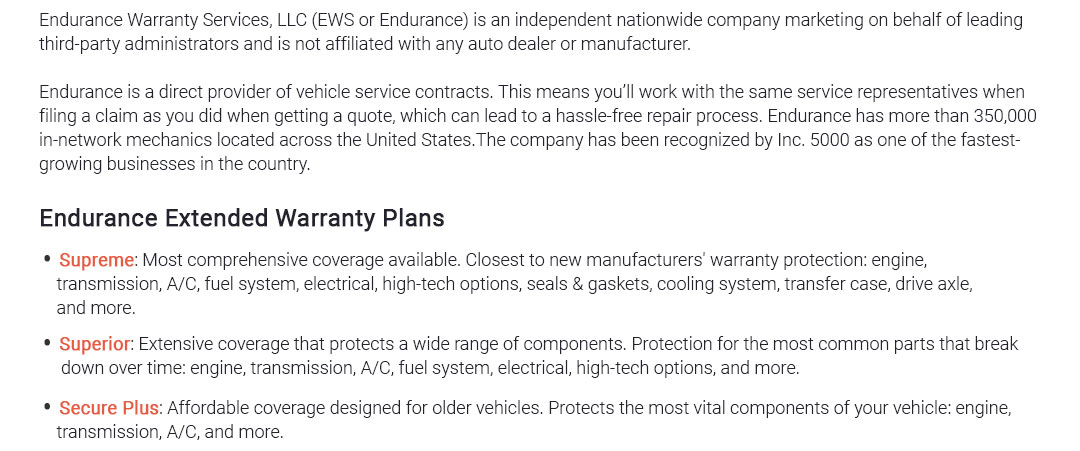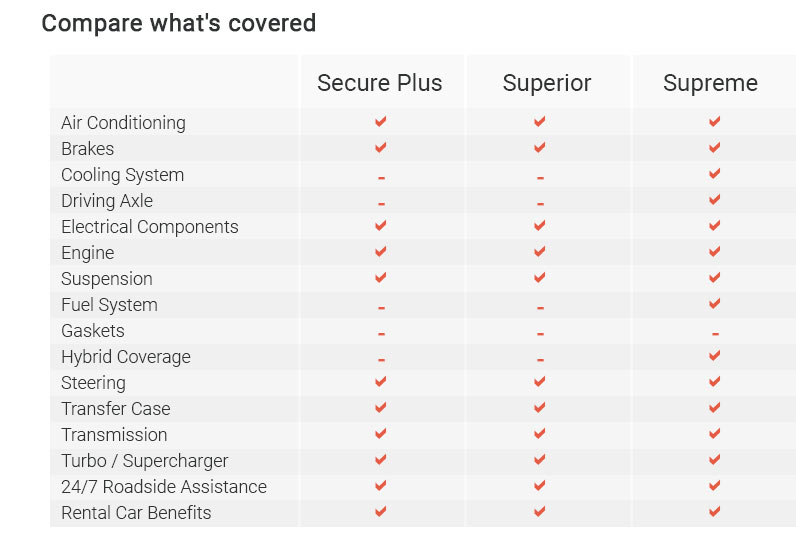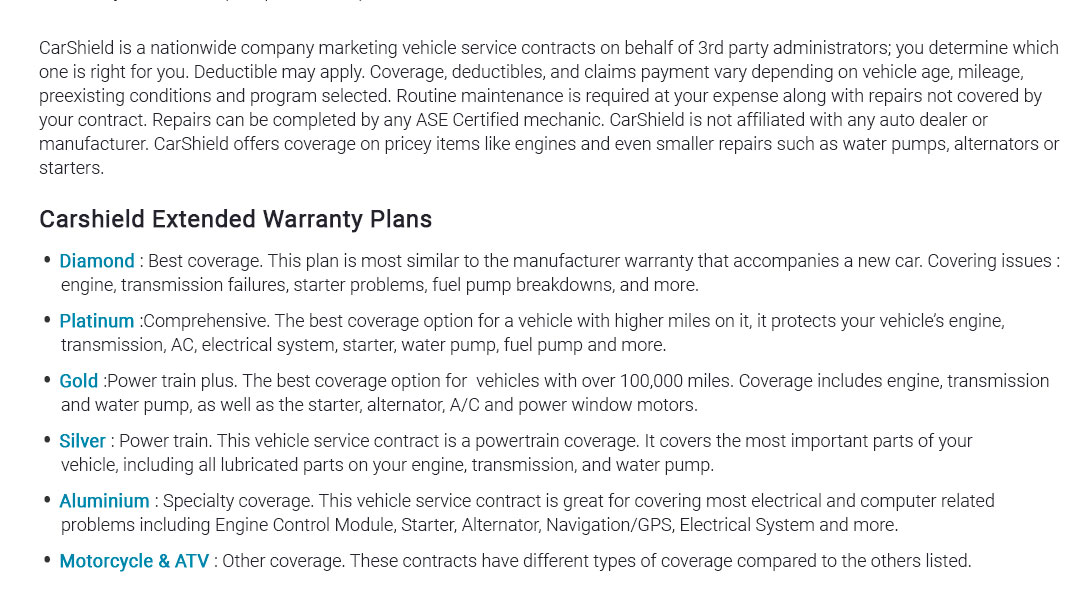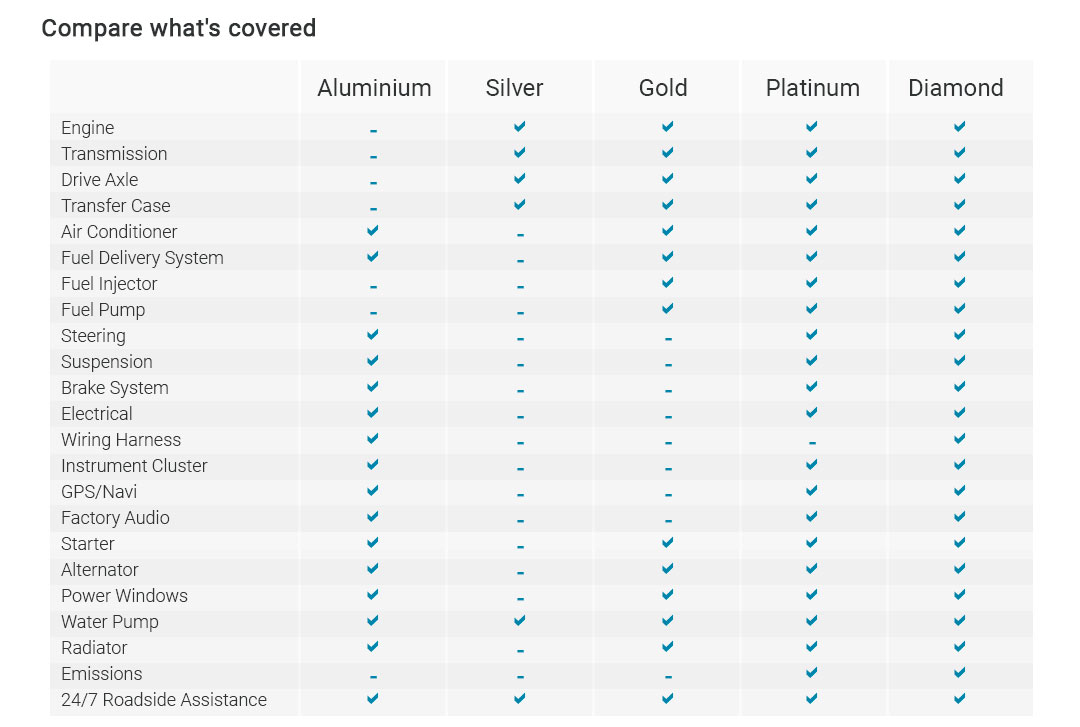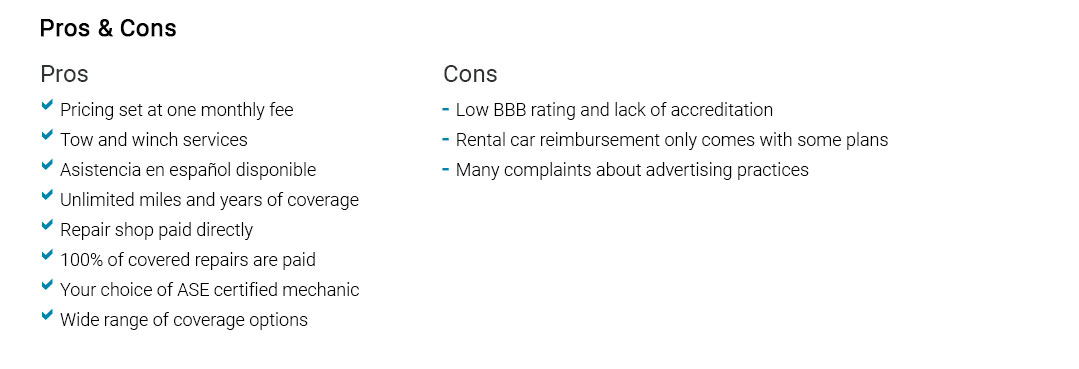extended car warranty coverage: what matters most
What it is - and what it isn't
Extended car warranty coverage is a service contract that pays for specific repairs after the factory warranty ends. It can limit financial shocks, but it does not erase wear, neglect, or routine maintenance.
Priorities to set before comparing
- Decide the repair horizon you care about: 3 years, 60,000 miles, or both.
- Pick a monthly cap you will not exceed, then select deductible type (per visit vs per repair).
- Study exclusions and maintenance duties; missed oil changes can void claims.
Temper expectations: even strong plans deny issues labeled "pre-existing," "intermittent," or "no fault found."
Evidence that matters
- Sample contract for your VIN and mileage, not a brochure.
- Written labor rate and diagnostic coverage limits.
- State filings and complaint history that you can search.
Real moment: a driver with a slipping 8-speed on a holiday weekend got towing and a rental approved in minutes, but paid a small diagnostic fee and tax - useful, not magical.
Selecting a plan
Understand tiers: powertrain (big pieces), stated-component (named parts), exclusionary (lists what's not covered). Choose the least expensive tier that protects your highest-risk systems.
- Prefer transferable and cancelable contracts with clear pro-rata refunds.
- Keep maintenance records; they are your proof at claim time.
Red flags
- High-pressure calls, vague "bumper-to-bumper" promises.
- Complex exclusions around fluids, sensors, or "software updates."
Treat coverage as a buffer, not a guarantee; verify, document, and choose by priority.











